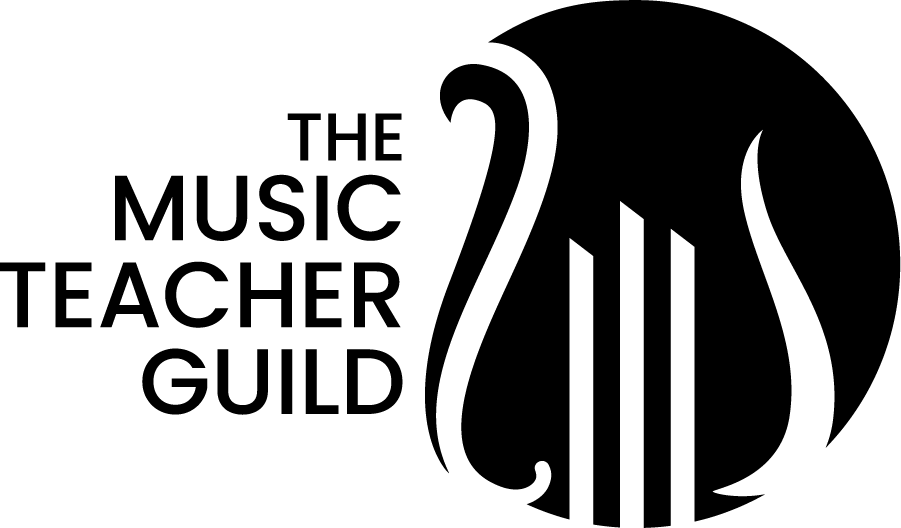Current Trends in the Music Education Job Market
In recent years, the music education job market has been rapidly evolving to adapt to new technologies, shifting student needs, and greater awareness around diversity and inclusion. As schools and institutions embrace digital tools and look to diversify music curricula, the role of music educators is becoming both more versatile and specialized. Understanding these trends can help music teachers and professionals not only find job opportunities but also enhance their career paths in ways that resonate with today’s educational landscape. This guide provides a comprehensive look at the current trends shaping the music education job market, along with the skills and opportunities music educators should be aware of to stay competitive.
The music education job market is experiencing a dynamic shift as educational institutions, private lesson providers, and community programs adapt to evolving student needs and technological advancements. These trends are shaping new opportunities and expectations for music educators, whether they're teaching in schools or freelancing. Here’s a deep dive into the key trends impacting the field.
Demand for Music Educators
Demand for qualified music educators has been on the rise in both K-12 public schools and private institutions. In particular, there is a growing focus on integrating music programs at earlier educational levels, making music more accessible to young students. This increased interest is driven by research showing the cognitive and social benefits of music education, leading many schools to prioritize hiring music teachers or expanding music departments.
Beyond traditional schools, community programs and non-profit organizations are also seeing value in music education as a means to build cultural awareness and enhance community engagement. As a result, music educators have a variety of avenues to explore, especially in urban areas where community outreach programs are popular.
Impact of Technology on Music Education Careers
The influence of technology in education continues to grow, and music education is no exception. Online learning platforms have become essential tools for music educators, enabling them to reach students regardless of geographic location. This shift was accelerated by the COVID-19 pandemic, which forced many teachers to adopt digital tools. Now, familiarity with platforms like Zoom, Google Classroom, and various music education apps (e.g., SmartMusic or Noteflight) is highly valued by employers.
Many educators are taking advantage of this trend by offering virtual lessons, which can sometimes lead to freelance or hybrid teaching models. Being comfortable with digital teaching methods, such as recording tutorials, managing virtual classrooms, and integrating music composition software, is becoming essential for job applicants in music education.
Skills in High Demand
As the music education field diversifies, the skill sets that employers look for are also changing. Here are some of the top skills currently in demand:
Digital Literacy: Ability to navigate and teach via online platforms.
Adaptive Instruction: Skills to modify teaching methods for diverse student needs, including students with disabilities.
Interdisciplinary Approaches: Teaching methods that connect music education with other subjects, such as history or social studies, to create a richer learning experience.
Cultural Competency: A growing emphasis on teaching music from a variety of cultural traditions and genres to appeal to diverse student backgrounds.
Employers are looking for candidates who can effectively engage students in both traditional and digital learning environments while incorporating inclusive and adaptive teaching practices.
Freelance and Private Instruction Growth
In addition to traditional teaching roles, there’s been significant growth in freelance opportunities and private music instruction. As more parents seek specialized instruction for their children, freelance music educators and private lesson teachers are in high demand. Music educators with a strong online presence can tap into a broad market of students who prefer the flexibility of private, tailored lessons that might not be available in standard school programs.
Hybrid teaching models are also emerging as a preferred option, where instructors may split their time between in-person and online lessons. This setup allows educators to manage a more diverse clientele and offers flexibility in scheduling and teaching style.
Diversity and Inclusion Initiatives
Music education, like other fields, is recognizing the importance of diversity and inclusion, with an emphasis on representing a broad spectrum of musical traditions and histories. Schools are incorporating curricula that celebrate a wide range of cultural backgrounds, including African, Latin American, and Asian musical genres. This shift calls for educators who are knowledgeable about these diverse musical forms and can foster inclusive learning environments.
Programs like these can help students appreciate the global nature of music, and teachers who are adept at culturally responsive teaching may find themselves more competitive in the job market.
Salary and Benefits Outlook
The salary range for music educators varies widely based on experience, location, and the institution type (public vs. private). Public school music teachers generally earn a median salary of $50,000 to $65,000 annually, with additional benefits such as health insurance, retirement plans, and paid time off. Private institutions may offer competitive salaries but with different benefits packages.
For freelance educators, the pay structure is variable. Hourly rates can range from $30 to $100 per session, depending on the level of expertise and the geographic area. Those teaching advanced or niche instruments may be able to command higher rates. With the rise in virtual teaching, educators who can market their skills effectively online may find freelancing to be a lucrative option, although this often comes without traditional benefits.
Conclusion
The music education job market is full of opportunities for educators who are adaptable and committed to ongoing learning. By staying informed on trends like the integration of technology, the growing demand for inclusive practices, and the rise in freelance teaching, music educators can position themselves for success. Embracing these changes not only enhances their career prospects but also enriches the learning experiences they provide to students.

